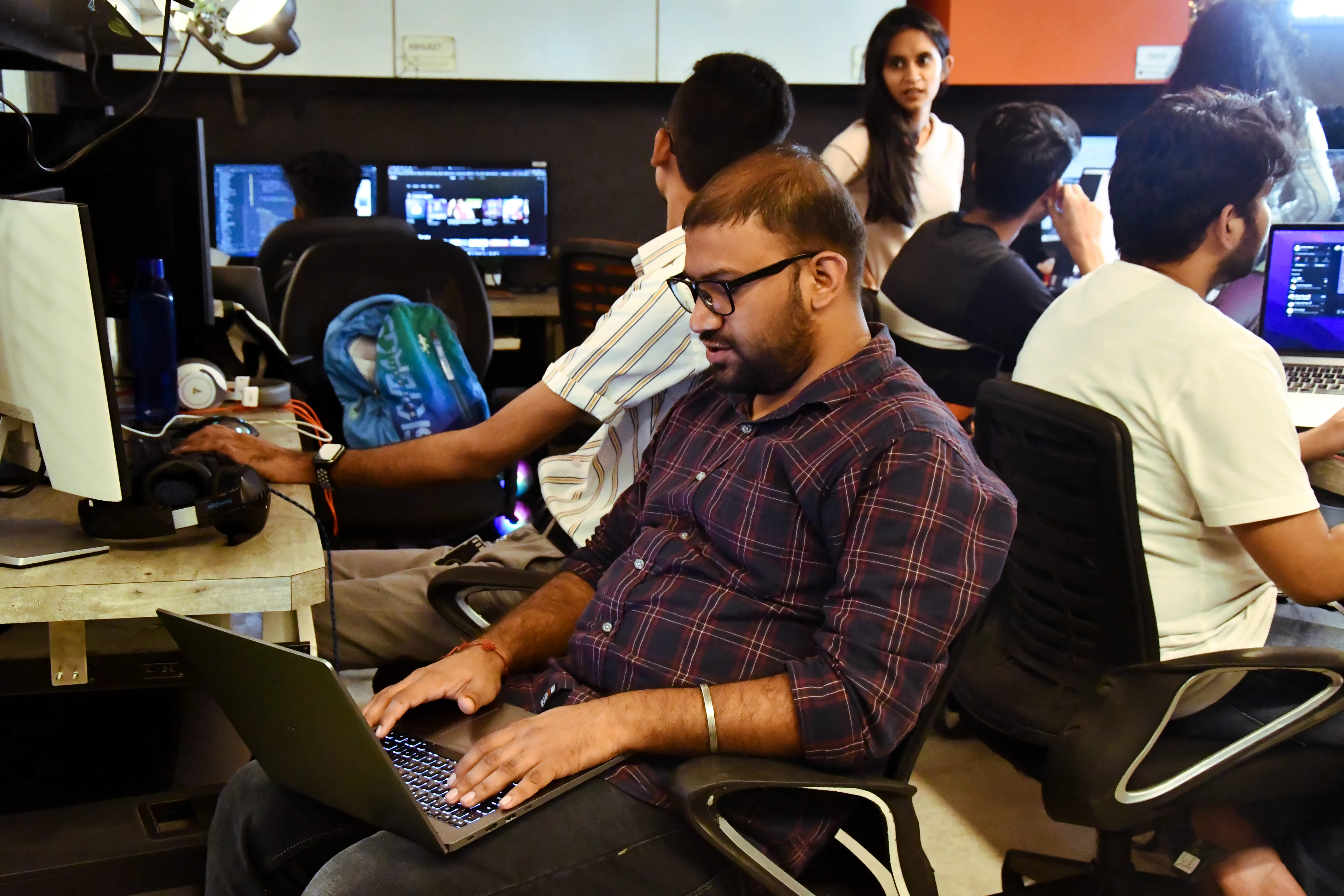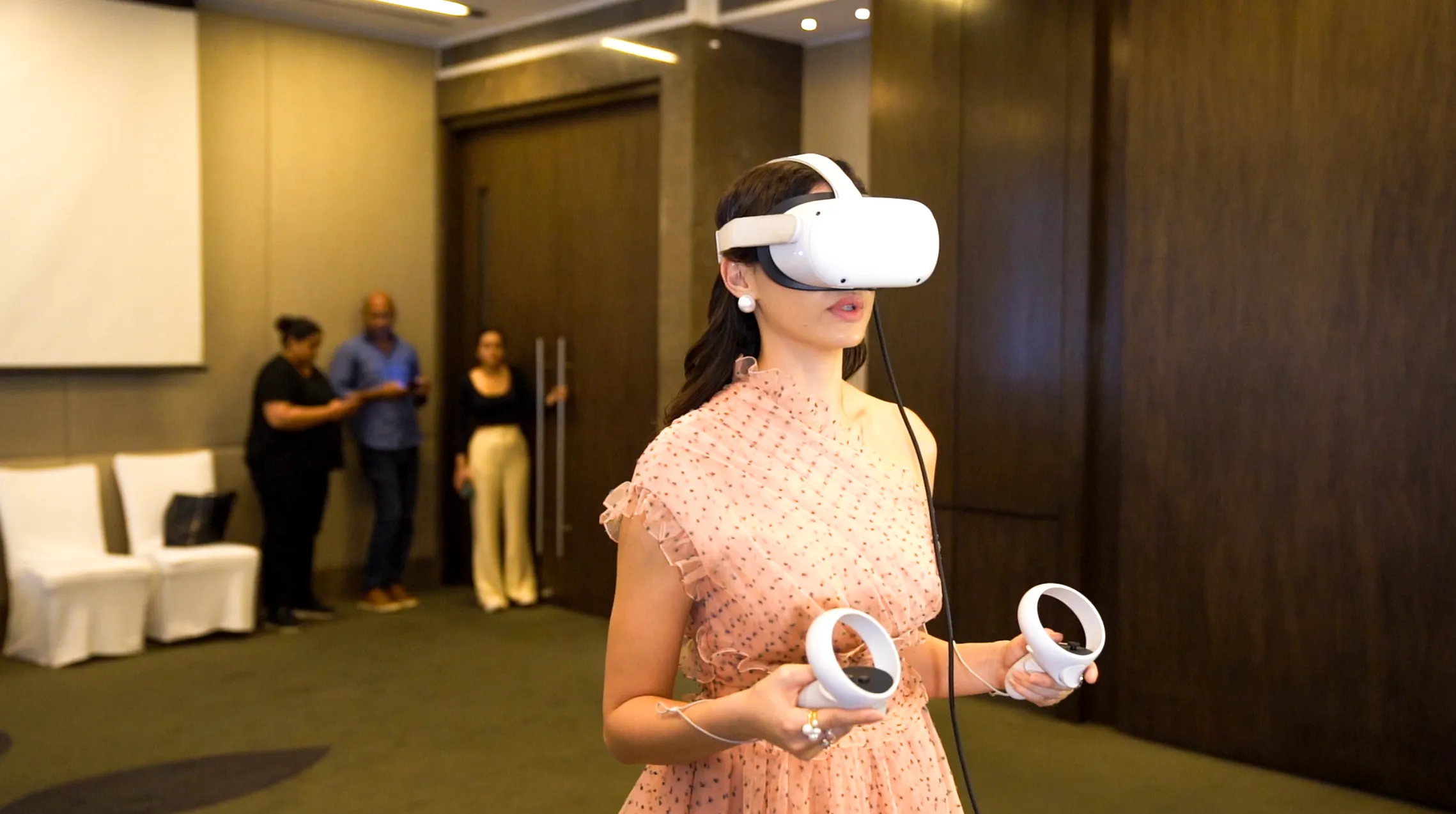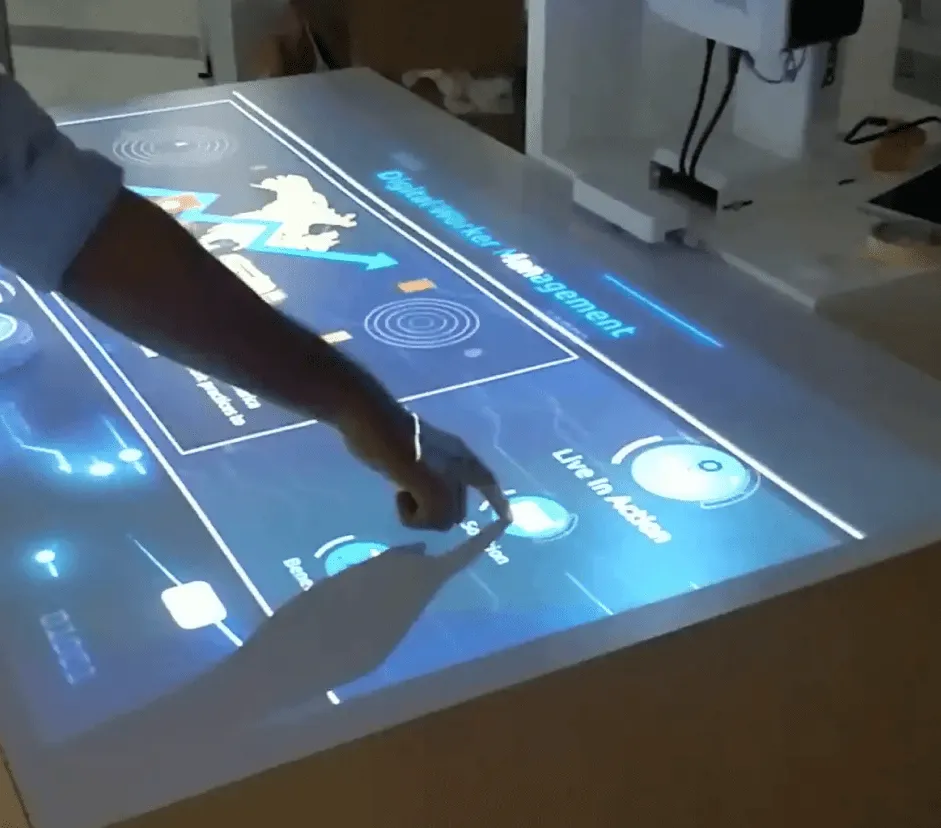Quantifying VR's Effect on Surgical Performance Metrics

Virtual reality is revolutionizing surgical training by providing objective, data-driven methods to measure and enhance surgical skills. Research consistently shows that VR training environments offer valuable metrics that translate to improved performance in actual operating rooms.
Measuring Surgical Excellence Through VR
Modern VR platforms capture several crucial performance indicators:
Motion Path Length - Tracks how efficiently surgeons move instruments during procedures
Velocity and Motion Smoothness - Evaluates the fluidity and control of surgical movements
Endpoint Accuracy - Measures precision when reaching targeted anatomical structures
Error Rate - Records both frequency and severity of mistakes during procedures
Time to Completion - Assesses how quickly surgeons complete specific tasks or procedures
Force Application - Monitors pressure applied during delicate maneuvers
Volume of Resection and Blood Loss - Simulates clinical outcomes, particularly valuable in neurosurgical training
These metrics create a comprehensive framework for evaluating both technical proficiency and procedural knowledge.
Evidence-Based Improvements from VR Training
Research demonstrates several measurable benefits when surgeons train in virtual environments:
Enhanced Efficiency and Precision - Surgeons who train in VR environments demonstrate more economical movement patterns, with smoother instrument handling and better accuracy when targeting specific anatomical locations.
Significant Error Reduction - Clinical trials reveal dramatic improvements in surgical safety. One notable study found that residents who completed VR training made six times fewer errors during laparoscopic gallbladder removals compared to traditionally trained colleagues.
Accelerated Performance - VR-trained surgeons work more efficiently, with studies documenting up to 29% reduction in procedure completion times.
Effective Skill Transfer - Perhaps most importantly, skills developed in virtual environments successfully transfer to real operating rooms, resulting in measurably better patient outcomes.
Clear Skill Differentiation - Advanced VR platforms using automated performance metrics can distinguish between experience levels with remarkable accuracy (65.9% to 97.6%), helping identify areas for improvement.
The Future of VR in Surgical Training
VR-based training demonstrably improves key surgical performance metrics—reducing errors, increasing efficiency, and enhancing precision. These improvements appear both in simulated environments and in actual operating rooms, making a strong case for integrating VR into standard surgical education.
Future research should address standardizing performance metrics across platforms, expanding applications to diverse surgical specialties, and evaluating long-term skill retention and patient outcomes.
Virtual reality provides a practical, scalable method to objectively assess and improve surgical skills, with the ultimate goal of enhancing patient safety and surgical care quality.
Contact Us Now:






.CNhas5IL_ZqBJiz.webp)


















